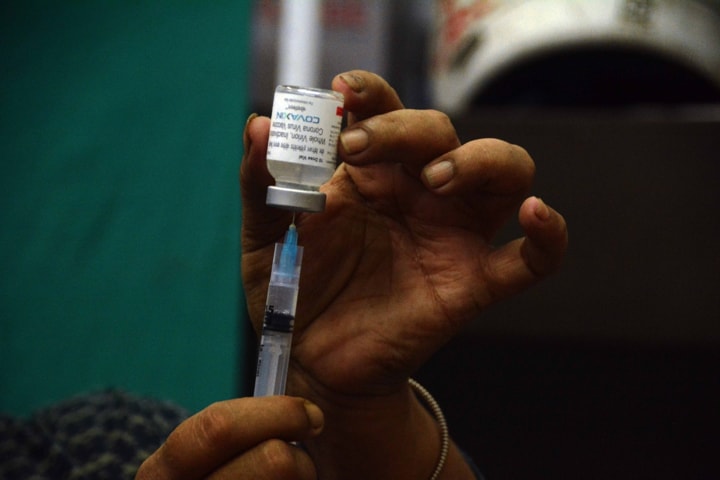Keeping in view the difficulties faced by the senior citizens and the specially-abled people in the country while getting vaccinated for the ongoing Covid-19 pandemic, the Union Ministry of Health has accepted the guidelines for these sections. The Guidelines for Near to Home Covid Vaccination Centres (NHCVC) for Elderly and Differently Abled Citizens, have been communicated by the Ministry to all the States and Union Territories.
Prepared by the Technical Expert Committee of the Ministry it has been recommended by the National Expert Group on Vaccine Administration for Covid-19 (NEGVAC).
What makes the NHCVC for Elderly and Differently-abled citizens special is that it will follow a community-based, flexible and people-centric approach, bringing the Covid Vaccination Centres nearer to homes.
The aim of the recommendations is to ensure vaccination of Senior Citizens and Differently Abled population having limited mobility due to their physical condition.
The NHCVC will be organized for the following sections even as the vaccination for the other age groups will continue at the existing Covid vaccination centres.
- All individuals above 60 years age with no vaccination or first dose vaccination.
- All individuals below 60 years with disability due to physical or medical conditions.
The guidelines include the following details:
a) Vaccination sessions will follow a community-based approach and will take place in non-health facilities which are closes to homes, community centre, RWA centre/office, panchayat ghar, school buildings, old age homes etc.
b) The location of NHCVC will be based on the cohort of the eligible population and it will be decided by the District Task Force (DTF) / Urban Task Force (UTF). The objective will be to maximise the reach of services to the target population, reduce vaccine wastage while ensuring minimal impact on the existing health services.
c) NHCVC will be linked to an existing CVC for vaccination purposes. Thus the CVC in-charge will be responsible for providing the vaccine, logistics and human resources required for vaccination.
d) The NHCVC will be pre-identified in collaboration with community groups and RWAs and could be Panchayat Bhawan, Sub-Health Centres and Health and Wellness Centres with availability of adequate space, Community Halls, RWA Premises, Polling Booths, Schools etc.
e) The Centre should have a Vaccination Room and a Waiting Area with appropriate access for the target group, for example ramp for wheelchair access and Observation Room to ensure waiting for 30 minutes post vaccination as per Ministry of Health and Family Welfare Operational Guidelines.
f) The identified and verified sites will be registered on the CoWIN portal as NHCVC.
g) The DTF /UTF will be responsible for planning and implementation of vaccination at the NHCVC, with full flexibility to adjust the proposed plan as per local circumstances and need.
h) Every team at NHCVC will have five members, a doctor as a team leader, vaccinator, vaccination officer 1 for Co-WIN registration and/or verification of beneficiary, and vaccination officer-2 and 3 for crowd control, assistance to vaccinator, ensuring 30 minutes observation of beneficiaries following vaccination for any adverse effect following immunisation and any other support.
The other guidelines pertain to registration and appointment of beneficiaries, micro planning for vaccination sessions at NHCVC, facilitating travel of elderly and persons with special needs to session site wherever needed, making CVC friendly to elderly and specially-abled among others.
The Ministry has directed all the States and UTs to implement these guidelines.




















